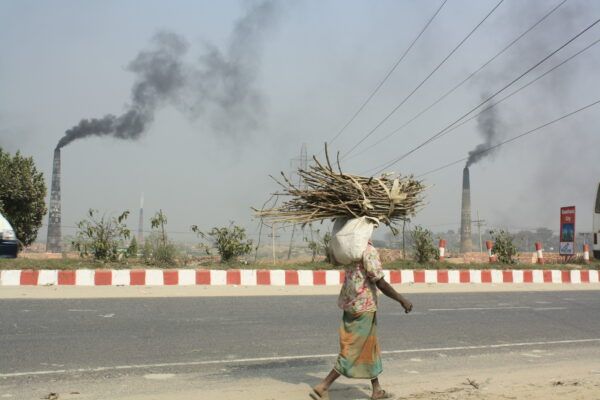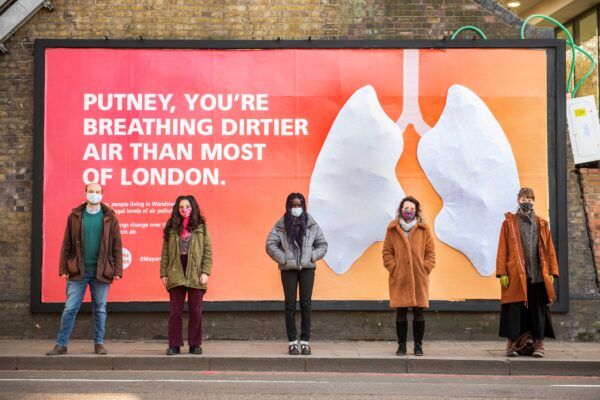Check out the latest news articles, research and measures to tackle air pollution around the world.
Air pollution decreases IVF birth rate success by nearly 40%
A recent study by European Society of Human Reproduction and Embryology suggests that the impact of air pollution begins before conception by disrupting the development of eggs. “Even in a part of the world with exceptional air quality, where very few days exceed the internationally accepted upper limits for pollution, there is a strong negative correlation between the amount of air pollution and the live birth rate in frozen embryo transfer cycles. Minimizing pollutant exposure must be a key public health priority,” said Dr Sebastian Leathersich, a fertility specialist and gynaecologist.
UN calls for action on super pollutants
The UN Secretary-General Antonio Guterres’ Call to Action on Extreme Heat brings together the diverse expertise and perspectives of ten UN entities underscoring the multi-sectoral impacts of extreme heat. Gueterres calls on all countries to take urgent measures to cut super pollutants or short-lived climate pollutants.
Arctic ‘dirty fuel’ ban for ships comes into force
A ban on Heavy Fuel Oil (HFO) – the dirtiest and most climate-damaging fuel for ships – has come into effect in Arctic waters. HFO is particularly damaging in the Arctic, where the black carbon it emits when burned speeds up the melting of snow and ice. While this is a welcome step, loopholes will allow many ships to use HFO until 2029, limiting the ban’s immediate impact, BBC reports.
New $1.5 fund to expand access to air quality data to 1 billion people by 2030
The Energy Policy Institute at the University of Chicago (EPIC) recently launched the EPIC Air Quality Fund, which aims to expand access to air quality data to 1 billion people by 2030. Through support from Open Philanthropy, the EPIC Air Quality Fund will bring air quality monitors and open pollution data to some of the world’s most polluted communities.
ULEZ expansion led to significant drop in air pollutants in London
Air pollutions levels have dropped significantly since the ultra-low emission zone (ULEZ) was expanded to cover Greater London last year, according to a report from city hall. Analysis of the first six months since the ULEZ expansion found that total emissions of nitrogen oxides (NOx) from cars across London were 13% lower, while NOx from vans was 7% lower.
Black Americans significantly more likely to die from causes related to air pollution
A new study by Stanford Medicine researchers and collaborators found that Black Americans face a double jeopardy: more exposure to polluted air along with more susceptibility to its adverse health effects, because of societal disadvantages. In 1990, deaths linked to particulate matter for Black Americans was roughly 350 deaths per 100,000 people, compared with less than 100 deaths per 100,000 people for other racial groups.
730,000 people a year in the US lose their ability to live independently due to traffic pollution
New research following the lives of 25,314 older people in the US from 1996 to 2016, indicates that lowering air pollution may help elderly people to live independent lives for longer. This accounts for approximately 15% of the total number of people who lost their independence, at an annual cost of $11.7bn (£9bn).
London air pollution clinic helping children with asthma
A clinic at the NHS Royal London hospital is bringing together academic innovations on children’s environmental exposure to try to help children with asthma. The clinics enable each child and their family to have a one-hour appointment to discuss the child’s asthma, as well as possible air pollution and mould at home. The clinical team then visits family homes and monitors children to provide innovative, tailored treatment.


